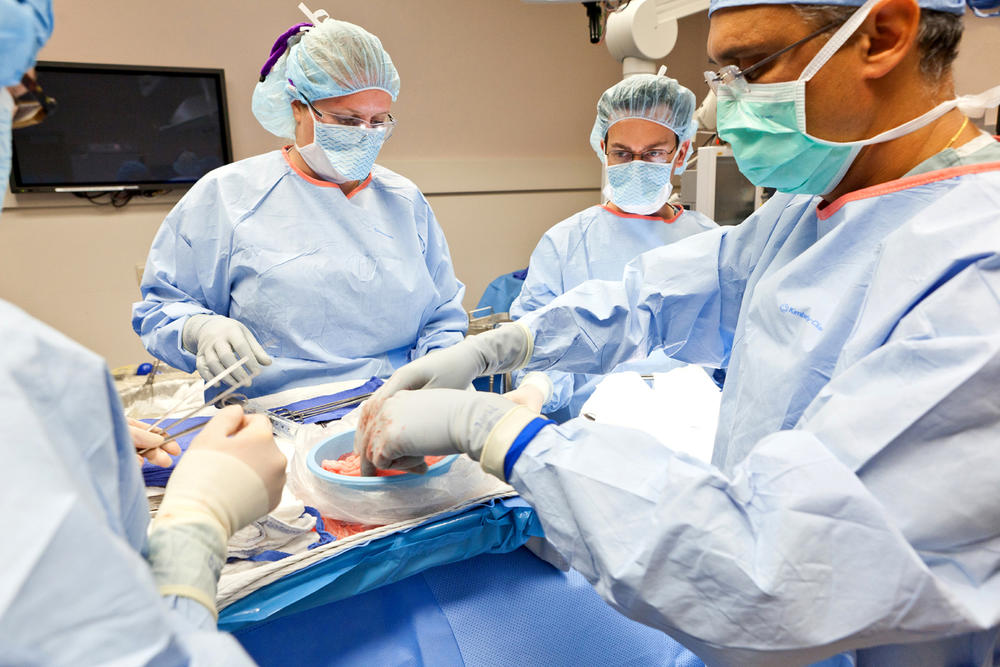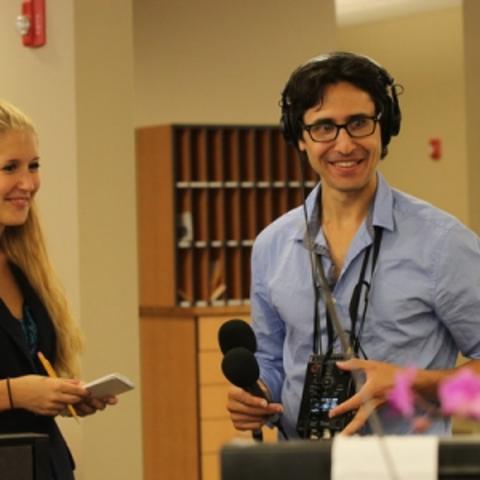Section Branding
Header Content
Overdose Victims Are Donors Of 1 In 8 Transplanted Organs
Primary Content
A new study from Johns Hopkins University finds that 1 in 8 organ transplants in the United States involves organs from someone who died of a drug overdose, adding another set of ethical questions to a hot-button issue.
With higher rates of homelessness and poverty, as well as diseases such as HIV, the demographic makeup of donors who have died of overdoses is radically different from that of the “normal” pool of organ donors.
Could organs from patients who overdosed actually pose health risks to the people who receive them? To answer this question, we turned to Dr. Christine Durand, who co-authored the study.
Durand is an associate professor of medicine and oncology at the Johns Hopkins University School of Medicine. We also spoke with Dr. Thomas C. Pearson, surgery professor at the Emory University School of Medicine and executive director of the Emory Transplant Center.


